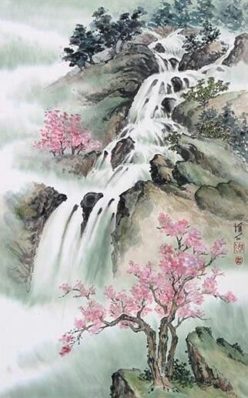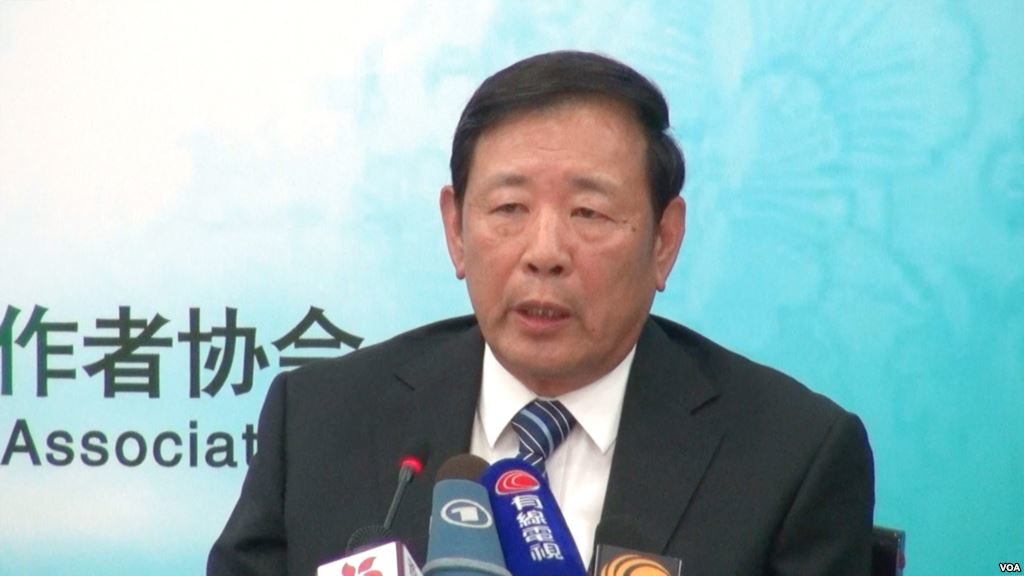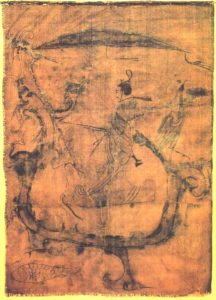Ji Zhengju
Deputy Director Central Translation Office and Researcher
LESSONS FROM THE COLLAPSE OF SOVIET COMMUNISM SEEN IN THE LIGHT OF HISTORICAL NIHILISM
December 19 2017
虛無主義
A 2017 document by Ji Zhengju, who works in China’s Central Translation Office (English translation here) attributes the collapse of the Soviet Union to “historical nihilism,” specifically the repudiation of the Soviet heritage by the ruling elite, leading to general social demoralization and a collapse of the legitimacy of the system. The Soviet collapse has an understandable fascination for the Chinese rulers. Only China, along with North Korea and Vietnam, survived the general crumbling of the socialist systems between 1989 and 1992, but given the structural similarities between the Chinese and the Soviet Russian systems, the Chinese rulers have to fear that what happened to the Russians could happen to them. A survey of the various Chinese explanations for the Soviet collapse, taking into account the Chinese context of the time at which they were offered, would be an interesting exercise for a student of comparative politics.



